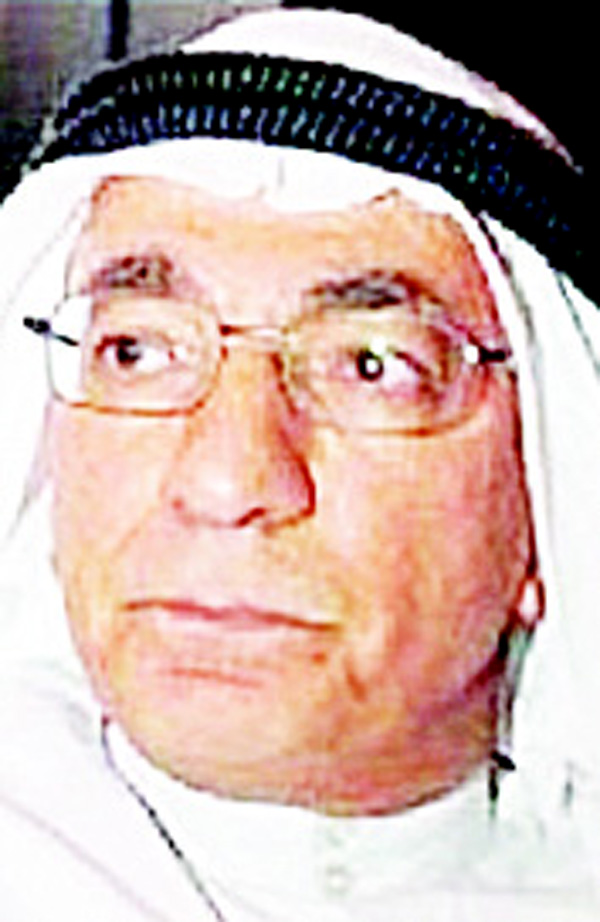29/11/2015
29/11/2015
 Kamal Al Harami
Kamal Al HaramiOPEC will be meeting in Vienna with “nothing much to be achieved”. Every oil minister will be telling himself, “When will the oil prices stop declining?” The low oil prices of $43- $45 per barrel were not part of our agenda last November. Unquestionably, OPEC never anticipated that its decision to not reduce oil production will result in such sharp decline in the revenues of its members, necessitating borrowing from local and international financial houses. There is no doubt that the journey of low oil prices and low revenues will be long and may continue into the next year.
OPEC also never expected such huge glut in the oil markets such that all onshore and offshore storage facilities are on the brink of overflowing. There is no more storage space left to take on more barrels, which is forcing producers to cut down production. In addition, the related cost is increasing to $1.5 a barrel on ships and 50 cents a barrel on land. The surplus is over 3 million barrels, which will increase with the arrival of Iranian oils. The oil ministers will certainly talk about how to face the coming months of low oil prices in their individual discussions.
However, what can they do when any effort in this regard will be fruitless and a waste of time without the active cooperation of non-OPEC oil producers? Perhaps they can continue pumping barrels of oil to compensate for the low oil prices, which however will further deteriorate their only source of income and bring the oil price down to less than $45 per barrel. It will be hard to pass the message to the leaders of their states but can anything better be done?
Can OPEC governments do something positive to streamline their expenses, utilize this bad situation to reform their economy, to try reducing the subsidies and increase fuel and electricity prices? It is an opportunity for ensuring something better can be achieved from this situation. It is time for economic reform, cost cutting and further privatization. It is time for citizens and the governments to play more effective roles.
Governments should rely on the media to pass its objective for economic reform while the media should be responsible for explaining the situation and bringing everyone on board. Yes, it will take a long time for the recovery of the oil prices. In the meantime, some oil companies have stopped investing in expensive oils such as the sand oil in Canada and Alaska. The decision taken by OPEC last November was painful for all including the non-OPEC oil producers. Their currencies are also suffering.
However, the OPEC governments have the opportunity to use this period of low oil prices wisely. In fact, it is better to start now than later since we currently have some financial reserves to support us, because the oil prices will not be revived soon. Nevertheless, in the next meeting, the OPEC ministers will not be able to answer the simple questions posed by the media which are - “What have they concluded?” and “Have they agreed to reduce production”. Silence is the outcome.
❑ ❑ ❑
Email: [email protected]
By Kamel Al-Harami Independent Oil Analyst


